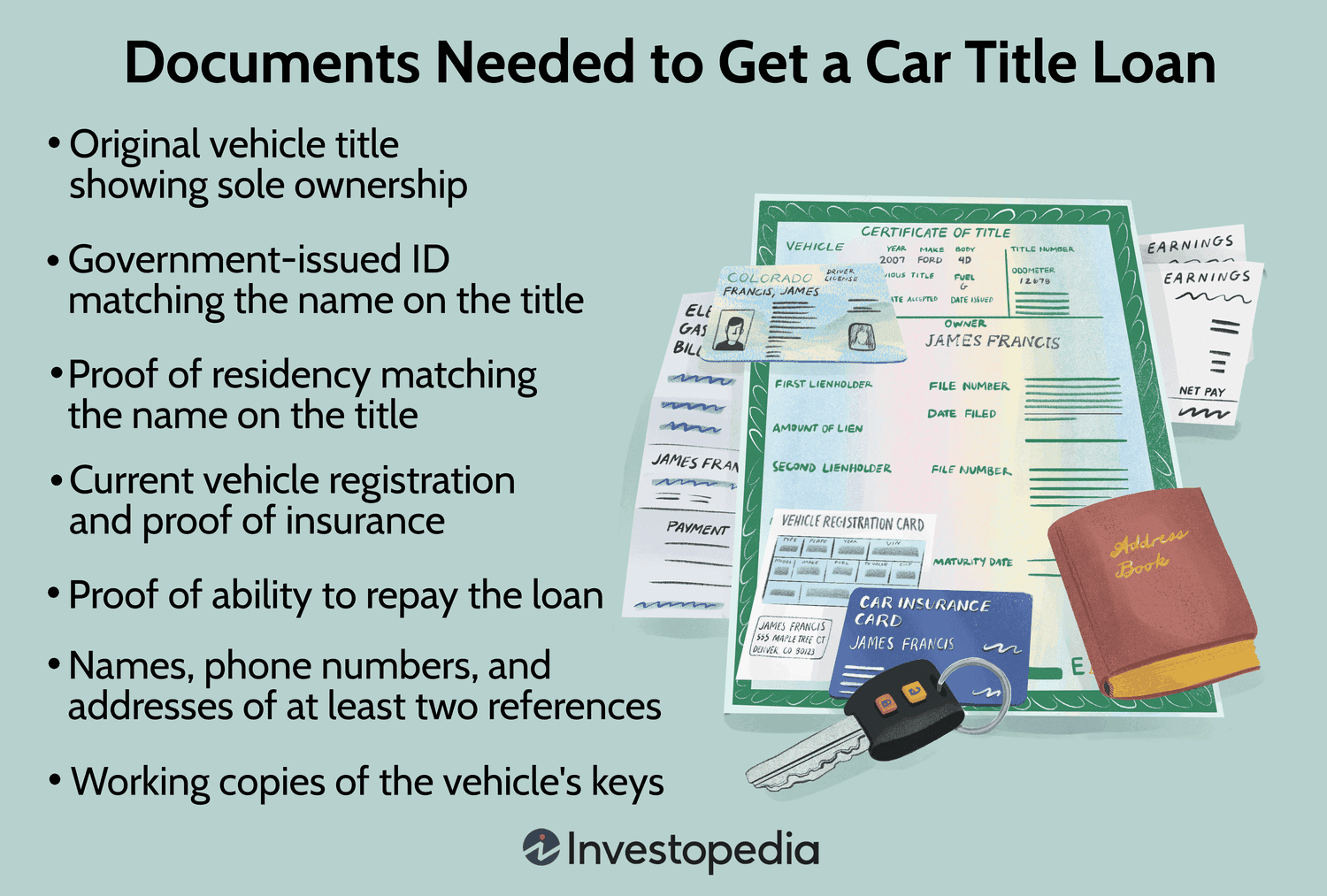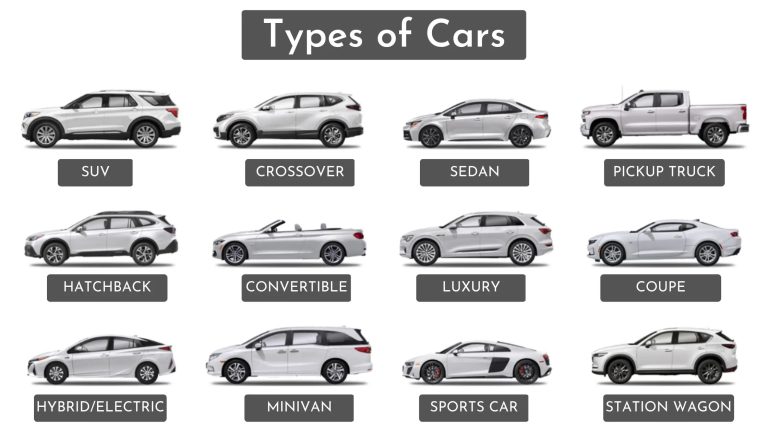Do You Get a Title When You Finance a Car: Essential Insights
Yes, you get a title when you finance a car. The lender holds it until you pay off the loan.
Financing a car can be confusing, especially with all the paperwork involved. When you finance a car, you might wonder about the title and who holds it. The title is a legal document proving ownership of the vehicle. While you are making payments, the lender keeps the title as collateral.
This means you are the owner, but the lender has an interest in the car. Understanding how car titles work when financing can help you navigate your loan better. It ensures you know your rights and responsibilities until the car is fully paid off. Let’s dive deeper into the details to clear up any confusion.

Credit: www.loancenter.com
Financing A Car
Financing a car involves getting a loan to buy the vehicle. The bank or lender pays the dealer, and you repay the loan over time. During this period, the lender holds the title. This means they own the car until you pay off the loan. Once the loan is fully paid, the title is transferred to you. You then become the full owner of the car.
Principal: The amount you borrow. Interest: The fee for borrowing money. Term: The time you have to repay the loan. Monthly Payment: The amount you pay each month. APR: Annual Percentage Rate, which includes interest and fees. Down Payment: The upfront payment you make when buying the car.

Credit: www.cleveland.com
Title And Ownership
A car title is a legal document. It shows who owns the car. A title has important details. It includes the car’s make, model, and year. The title also has the vehicle identification number (VIN). Each car has a unique VIN. This helps in tracking the car’s history.
When you finance a car, the lender holds the title. They keep it until you pay off the loan. You get the title once you make the last payment. The car is then yours. The lender’s name is on the title. This means they have a claim on the car. If you stop paying, they can take the car back.
Lien On The Vehicle
When you finance a car, the lender places a lien on it. This means the lender has a legal right to the car. The lien ensures the lender can take the car if you stop paying. The lien stays until the loan is fully paid off. Once the loan is clear, the lien is removed, and you get the title in your name.
A lien affects your ownership of the car. You can’t sell or transfer the car easily. The lender must be paid first. The car is not fully yours until the lien is gone. So, always remember to clear your loan to own the car completely.
:max_bytes(150000):strip_icc()/car-title-loans-315534_final3-b0f2fb2887e34dbcb867271107c24390.png)
Credit: www.thebalancemoney.com
Title Transfer Process
First, you need to pay off the loan. The lender then sends you the car title. Next, visit the DMV. Fill out the title transfer form. Submit the form with the title. Pay the transfer fee. Finally, wait for the DMV to process.
- Original car title
- Title transfer form
- Proof of identification
- Payment for transfer fee
- Loan payoff statement
Role Of The Lender
The lender has certain rights when you finance a car. The lender holds the title until you pay off the loan. This means the lender is the legal owner of the car. You are still the registered owner and can use the car. If you miss payments, the lender can take back the car. This is called repossession. The lender also has responsibilities. They must keep records of your payments. They must provide you with the title once you pay off the loan. They cannot charge unfair fees. They must follow the law. It is important to understand these rights and responsibilities. This helps avoid problems and confusion.
Impact On Resale
Selling a car with a loan can be tricky. The lender holds the title until the loan is paid. Buyers prefer clear titles for simplicity. You must pay off the loan first. Then, transfer the title to the buyer. This can delay the sale. It may also lower the car’s value.
Transferring a financed car title involves more steps. You need to contact the lender. Pay the remaining balance. Get a lien release document. Visit the DMV with the buyer. Complete the title transfer forms. It takes time and effort. Some buyers may be hesitant.
Completing Payments
When you finish paying off your car loan, the lender will notify you. They will send a document showing the loan is paid in full. This document is important. Keep it safe. It proves you no longer owe money on the car.
After paying off the loan, the title will be released to you. The lender will send it or notify the DMV. Check the title for accuracy. Ensure your name is spelled correctly. Verify all details are correct. This title proves you own the car completely.
State Regulations
Car financing rules vary by state. Some states give you the car title. Others keep it until you pay off the loan. It’s important to know your state’s rules before you buy a car.
Visit your state’s DMV website to check car financing rules. Look for information on titles and loans. You can also call the DMV for help. Make sure you understand the rules before you finance a car.
Frequently Asked Questions
When You Finance A Car, Do You Get The Title Right Away?
No, you don’t get the title right away when you finance a car. The lender holds it until you repay the loan.
Who Holds The Title Of A Financed Car?
The lender holds the title of a financed car until the loan is fully paid off. Once the loan is settled, the title transfers to the borrower.
How Do I Get My Title Number If My Car Is Financed?
Contact your lender for the title number. They hold the title until the loan is paid off. Check your loan documents or online account for details.
How Do I Get The Title Of My Car From The Lienholder?
Contact your lienholder to request the car title. Pay off the remaining loan balance. Obtain a lien release document. Submit the lien release and title application to your local DMV. Receive the car title in your name.
Conclusion
You get the car title after fully paying off the loan. The lender holds the title until then. Ensure payments are on time to avoid issues. Understand the terms of your finance agreement. Knowing the process helps avoid surprises. Remember, title transfer is a key part of car ownership.
Keep track of your payment schedule. Stay informed and enjoy your new car responsibly.







